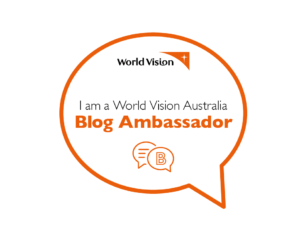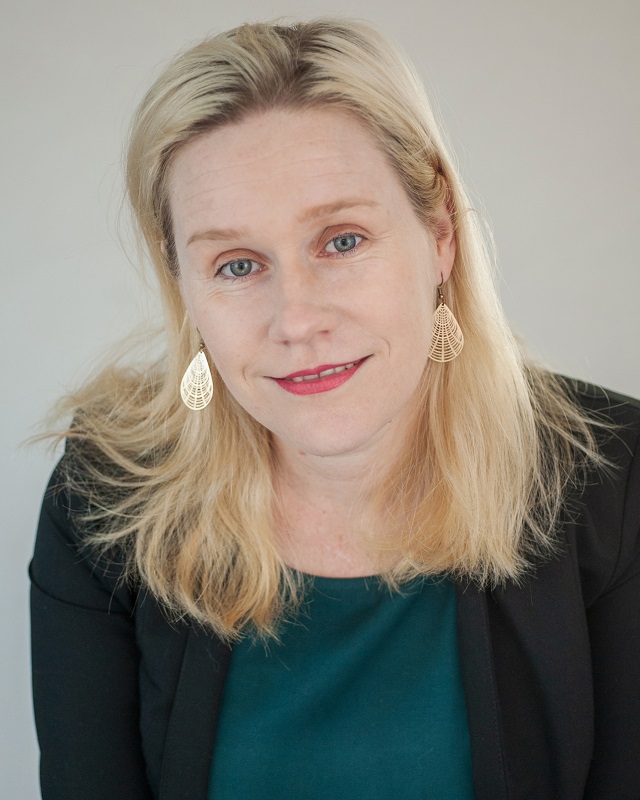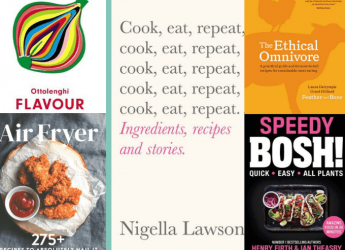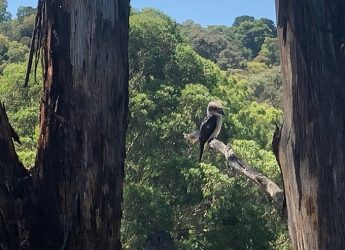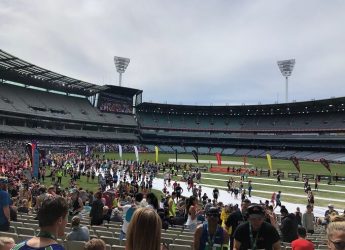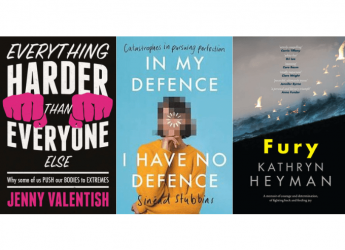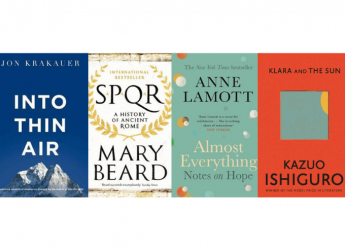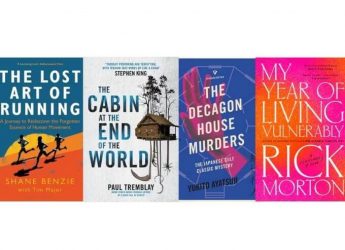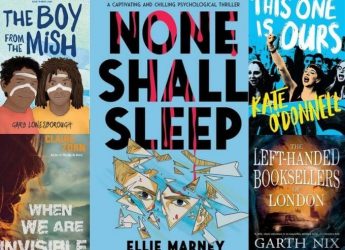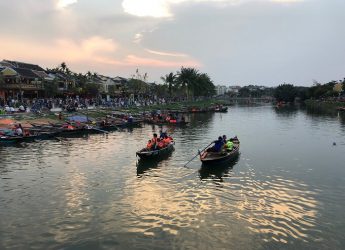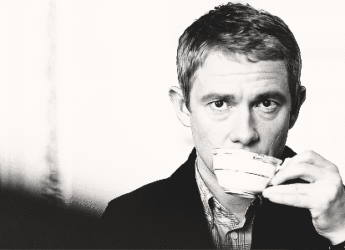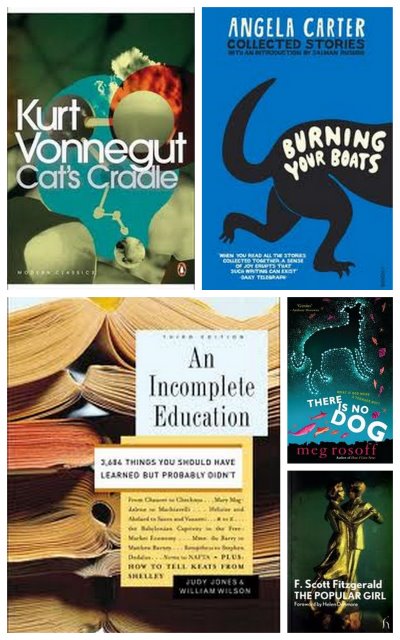
(No vlog this month on account of my sore mouth and our internet being drastically shaped. It would take ten weeks to upload any video to YouTube at the moment.)
1. Cat’s Cradle – Alas, unfinished. I think it’s because I loved Slaughterhouse Five so much and this is quite different in tone (even more biting and critical) and I had to adjust my expectations (whatever they were). Next time when I pick it up – and I will – I’ll be better prepared. Vonnegut does dialogue brilliantly.
2. Burning Your Boats – A collection of Carter’s short stories (or a collection of her collection of stories, as this incorporates titles such as The Bloody Chamber and Black Venus) set in chronological order, this is a great starting place for someone curious in the Carter’s work. I studied her in passing at university: we spent a week on her work once, mostly focusing on her reworking of traditional fairy tales from a stronger, feminist perspective. I think these Gothic (re)tellings are still what she’s known for best. I like her darkness and her unabashed way of turning over notions of sexuality and home and power (among others), examining their meaning and questioning their relevance. She sometimes hits a wrong note, it feels too arch or contrived, and Salman Rushdie acknowledges this in his introduction when he says, “some of her puddings… are excessively egged.” But this is only occasionally. Her fans are legion and her work has spawned a great deal of literary criticism – justifiably so.
3. There Is No Dog – I read a little and then skipped to the end. I’ve heard a lot of good things about this book and I was puzzled. Was I missing something? The premise – a teenage boy is God – is funny and has potential but there wasn’t enough on the page to sustain my interest.
4. The Popular Girl – More short stories, this time by F. Scott Fitzgerald. It’s Fitzgerald, so you expect quality and it’s there, but I didn’t finish it. I know it’s important you read his work with the time he was living in and his own personal circumstances in mind, and they inform his work, but perhaps I wasn’t in the mood for privileged people who may or may not be poised on the edge of losing all their wealth and privilege and how this makes them feel dreadfully sorry for themselves. Maybe I should stick with the novels?
5. An Incomplete Education: 3,684 things you should have learned but probably didn’t (3rd edition) – I have conflicting feelings about books like these. On the one hand I think it’s good to have a condensed and readable reference/history book to turn to instead of fleeing to Google. On the other, do they lull us into laziness? You read three pages on how World War One began and you say, “Well, that’s all I need to know about that” and you move on. It’s what most people do, of course, because their curiosity is satisfied and don’t want to know much more anyway. For me, this book is smart and funny (if the odd joke rings false) and the overview of the Spanish Civil War is the first one I’ve read where I’ve gone, “Right, that’s a little clearer now”.
What are you reading this month?
And Happy Australia Day! We shall be swimming and visiting friends for a BBQ. Perfection.



